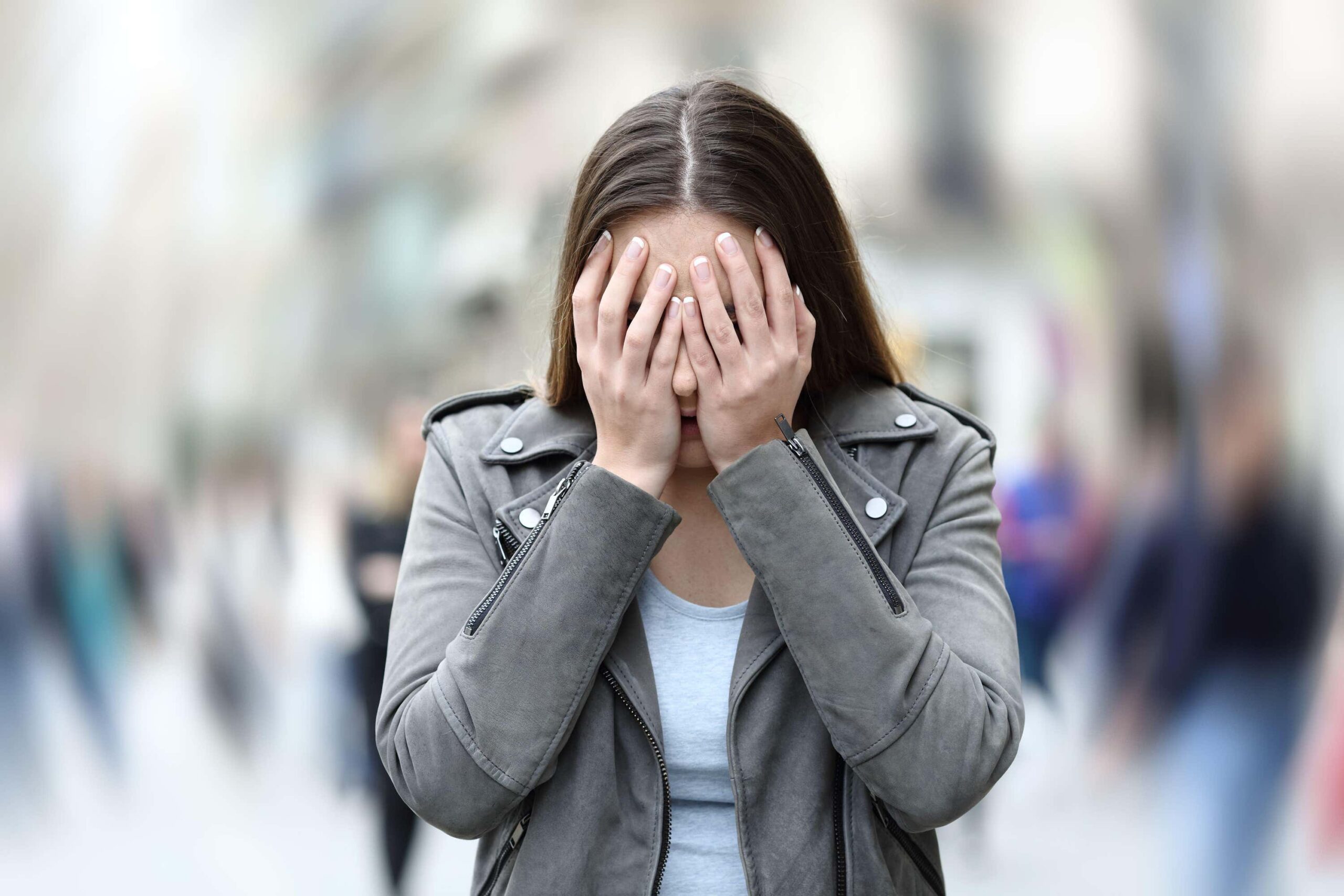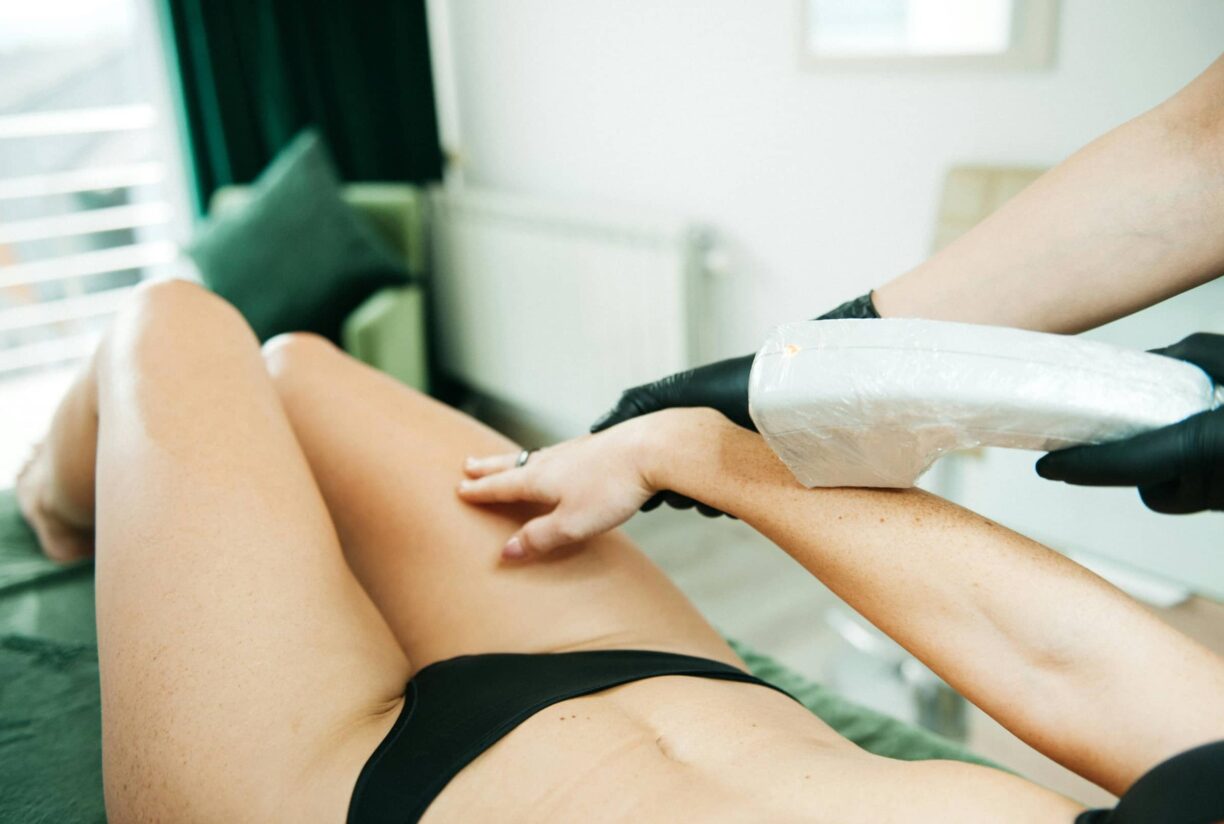Given the pandemic has made socialising in person near enough impossible for the past year, it’s understandable some people may be feeling nervous about restrictions easing and going back to our old routines.
Social anxiety isn’t just about feeling a bit nervous around mingling with strangers though, it’s a mental health disorder that can affect work, school, and your other day-to-day activities.
If you suffer from it, the thought of a packed pub garden can quickly set you on edge. There are some quick tips for easing social anxiety you can adopt if you find yourself feeling worried…
Stop and breathe

Sanctus founder James Routledge says: “Anxiety is a natural human emotion and just like we all have mental health, we might all feel anxious too. When I’ve felt anxious before I’ve had sweaty palms, a racing heart and wanted to withdraw.”
Routledge says that when you’re anxious, your breathing pattern can change and become shallow and shorter. “Allow yourself to notice it,” he says, “then take your time and regulate your breathing; counting to four as you breathe in and six as you breathe out, can really help with anxious feelings.”
Don’t focus on physical symptoms

When you have a fear of being in the spotlight or negatively evaluated by others, it can cause physical symptoms like blushing and shaking. Often we can be hyper aware of these effects, feeling like they’re more obvious to others than they actually are.
“If you have some physical symptoms such as blushing or shaking, don’t assume that anyone else is aware of them,” says Dr Meg Arroll, a chartered psychologists on behalf of Healthspan. “Usually, people are too caught up in their own minds and thought patterns to notice such things.”
Challenge negative thoughts

When you’re nervous about socialising it’s easy to convince yourself everyone is being critical of you. You might believe they think your conversation is boring or that they’re judging your appearance.
“Next time you’re in a negative spiral, try to stop yourself in your tracks,” says Routledge. “Ask yourself, ‘Is this true or am I jumping to the worst-case scenario?’”
Redirect your focus to what people are saying, rather than the internal dialogue that’s assuming the worst. He adds that journaling later on and keeping a ‘thought record’ might help you pinpoint these negative thought patterns.
Go to your safe place

“If it all gets too much, consider stepping back and taking some time out to go to where you best cope with the feelings,” says Routledge.
If you’re socialising in the garden, for instance, you could take five minutes to be in a quiet room on your own to gather your thoughts.
Visualise positively

If you’ve experienced social anxiety recently, don’t let it stop you from seeing friends in the future. Picturing yourself having a good time while socialising can help you re-enter a situation with confidence.
“Travelling on busy public transport or being in an office space again are some of the most common worries regarding lockdown lifting,” says Arroll. “To cope with these, do follow Covid-safe guidelines, but also spend some time preparing mentally with imagery.
“See yourself on each step in your journey into work and at the office and project a positive experience. This will help give your mind a clear roadmap to limit anxieties of the unknown. ”
Be kind to yourself

Life has been difficult over the past year, so don’t repeatedly push yourself beyond your comfort zone to the point where you’re feeling stressed and burnt out.
“Don’t feel like you have to say ‘yes’ to please others,” says Routledge. “Listen to your mind, like you would your body. If it needs rest or energising, try to fulfil these needs.”





